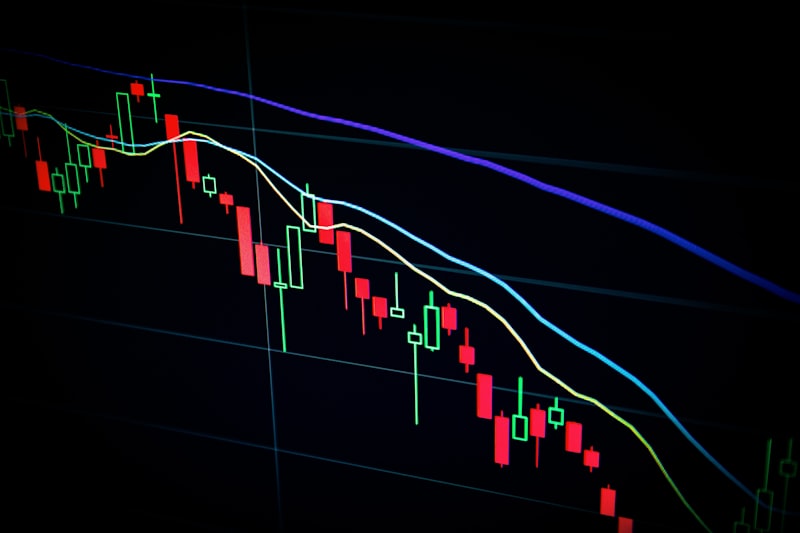
Trade smarter with InvestBull.
Access global markets with advanced trading tools and real-time market insights to make informed investment decisions.

Invest in your future today.
Start your investment journey with a trusted platform offering diverse portfolio options and expert guidance.
Our Services
Comprehensive trading and investment solutions tailored to your needs

Advanced Trading Platform
Access sophisticated trading tools and real-time market data for informed decision making.

Secure Investments
Your investments are protected with bank-grade security and regulatory compliance.

Expert Research
Get actionable insights from our team of experienced market analysts.

Dedicated Support
24/7 customer support to help you with all your trading needs.
Looking for Institutional Trading Solutions?
Access advanced trading tools and dedicated support for institutional investors.
What Our Clients Say
Join thousands of satisfied investors who trust InvestBull for their trading needs
InvestBull's platform has transformed my trading experience. The real-time analytics and expert insights have helped me make better investment decisions.
Rajesh Kumar
Active Trader
The educational resources and research tools available on InvestBull are exceptional. It's perfect for both beginners and experienced investors.
Priya Sharma
Long-term Investor
Outstanding customer service and a robust trading platform. InvestBull has everything I need to manage my clients' portfolios effectively.
Amit Patel
Portfolio Manager
KNOWLEDGE HUB
Learn about stock market from basics to advanced via a structured learning path
Learn Basic
of Capital Market
Steps to Take if Your Stock Broker Refuses to Close your Trading Account
Last Update 08 Feb 2021
If the brokerage firm is not working in a transparent manner or is working with malafide intentions then here are series of steps listed by the...
Stock Market
Learning Modules
Module I
Securities Market Foundation
This module aims to communicate basic knowledge of the Indian securities markets to the readers and all related rules and regulations. It also covers the crucial steps in financial planning process.
Frequently Asked Questions
Find answers to common questions about trading with InvestBull
Latest Insights
Stay updated with our latest market insights and trading tips

Understanding Market Trends
Learn how to identify and analyze market trends to make informed investment decisions.

Beginner's Guide to Options Trading
Everything you need to know about getting started with options trading.

Risk Management Strategies
Essential risk management techniques every trader should know.